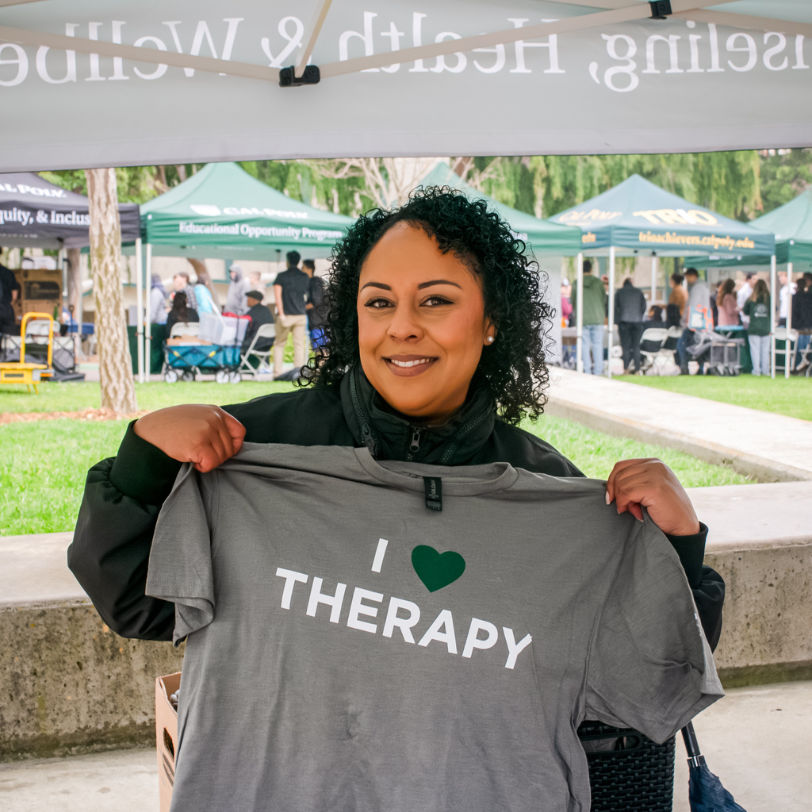
Consent
To establish that someone has consented to sexual activity, the person must receive consent verbally or nonverbally in an unambiguous way.
Planned Parenthood has a great model for consent!
 |
|
CONSENT IS:
- Ongoing
- NORMAL - we navigate consent daily, in non-sexual scenarios! "Can I borrow your pen?" "Can I come over?" "Can I have some of your fries?"
CONSENT IS NOT:
- Obligatory based on relationship/past sexual history
- A "maybe", a coerced "yes", a "sure, I guess so", or silence
Some people are worried that talking about consent will be awkward or that it will ruin the mood, which is far from true. If anything, the mood is much more positive when both/all partners are happy and can freely communicate what they want!
If you are in the heat of the moment, here are some suggestions of things to say:
- Do you like that?
- Does that feel good?
- Do you want to slow down?
- What do you want to do next?
And here's the important part - if someone answers those questions with a "..." or "I don't know..." or "sure..." STOP and check in - and then respect their boundaries if they want to stop.
Red flags that indicate your partner doesn't respect consent:
- They pressure or guilt you into doing things you may not want to do
- "Come on, I've been waiting for this all day."
- "What, do you not love me? If you loved me, you'd do this for me."
- They make you feel like you “owe” them — because you’re dating, or they gave you a gift, etc.
- "I took you out to dinner and now you're going to ignore me?"
- "You're my (girlfriend/boyfriend/partner)... is that how you're going to treat me?"
- They react negatively (with sadness, anger or resentment) if you say “no” to something, or don’t immediately consent.
- "You were flirting with me all night and NOW you want to say no?"
- They ignore your wishes, and don’t pay attention to nonverbal cues that could show you’re not consenting (ex: pulling/pushing away).
- "Move over."
- "Stop complaining."
These are manipulative and coercive - getting a "yes" from this type of language is not consensual!
What if alcohol is involved?
UC Davis has a great flowchart to determine consent in drinking/party scenarios:

FURTHER READING:



